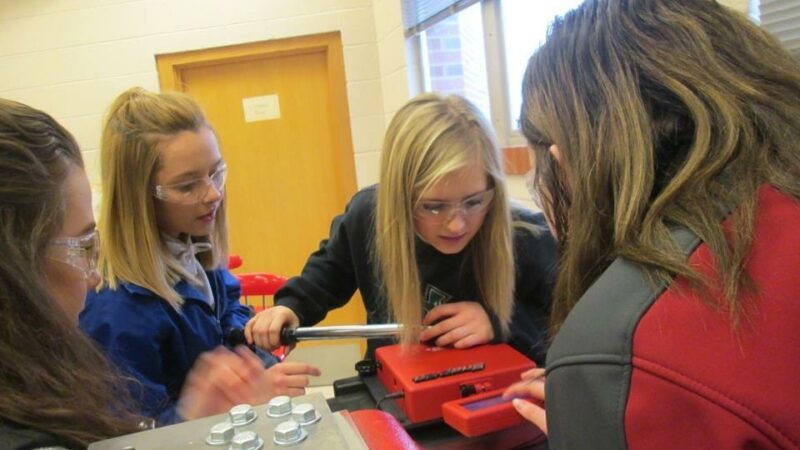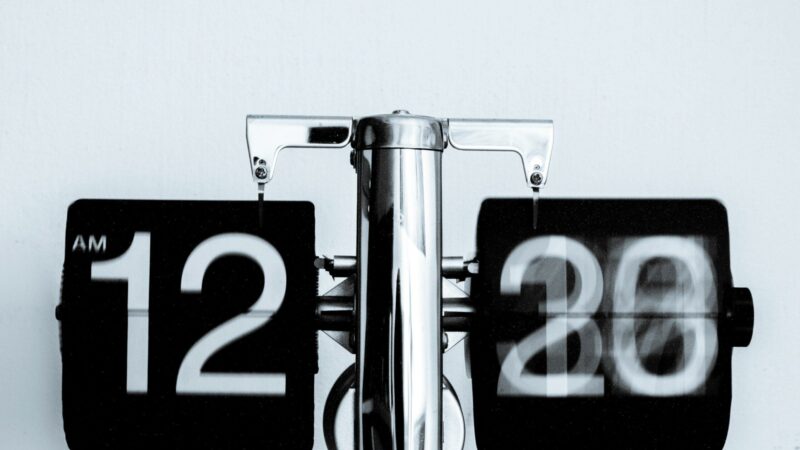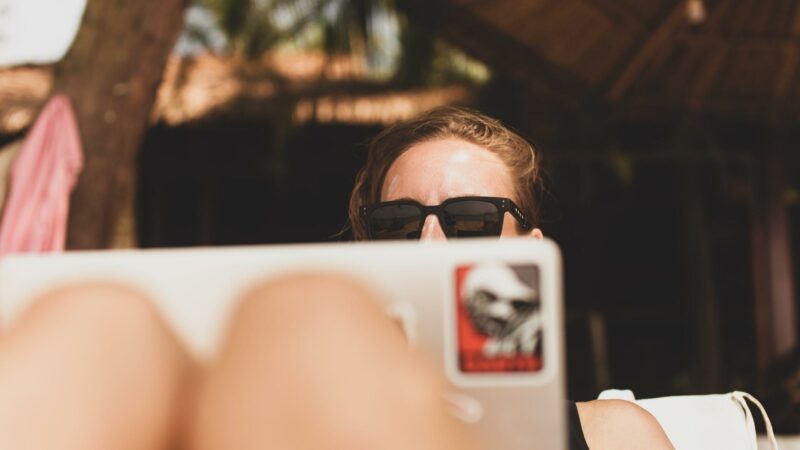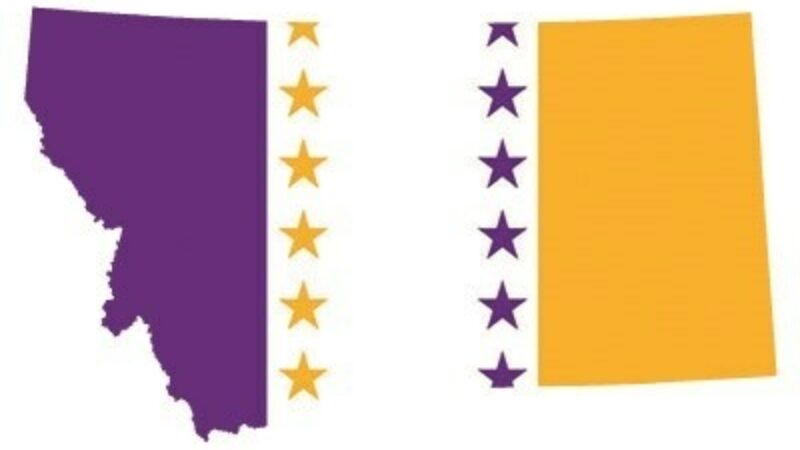PowerHouse
Interview with a WFM grantee: Cristina Estrada-Underwood, Director of the Office of Diversity Awareness and Multicultural Programs at MSU-Northern
May 03, 2017

MSU Northern is the recipient of a 2016 Women's Foundation of Montana grant to increase recruitment efforts for women in trades programs. We interviewed Cristina Estrada-Underwood, Director of the Office of Diversity Awareness and Multicultural Programs to learn more about the project after its first year.
What do you think makes MSU Northern particularly attractive to women in nontraditional careers?
One of the best things is that our programs are known regionally and nationally and have a great reputation and 100% placement after graduation. Another great thing about MSU Northern is we have a student population of 1,037 so we have a great student to faculty ratio. There are also a variety of events at the college that are not only to recruit new students but also to get the word out about programs that we have.
What different trades are available to study at MSU Northern?
The programs that we are targeting are those that are known as traditionally for men. We have discovered that women see an imaginary obstacle—“I am a woman, I don’t belong there [in the trades].” There are specific trades and Bachelors programs we are targeting: plumbing, electrical technology, diesel technology, agricultural mechanics, agricultural technology, automotive and welding. In the case of the Bachelors programs, we have targeted engineering technology--particularly here at MSU Northern women are vastly underrepresented, only two female students are currently in the program. Another one we are targeting is Criminal Justice, which has a little more female representation.
What benefits are there for women to pursue a career in the trades?
The first one is personal fulfillment. At MSU Northern we are promoting the ideal “do what you love.” If you love working with motors you have the opportunity to do that here. Not to mention the other aspect that has to do with getting well paid jobs. For example our diesel tech program has 100% job placement and with our companies an entry level job starting salary is $70,000. Students also have the opportunity to find employment not just in the U.S.. We have companies that work with us that have branches in Latin America, too. You can explore all possibilities. Leadership possibilities too—some of the students have shared that they’d like to work their way out into leadership. Some of them want to be on the floor, but others have the ideas and want to be managers.
 What challenges do you think that women in nontraditional careers face?
Some challenges might be that our degrees might not be for everyone. Hands-on jobs aren’t necessarily for everyone, but for those who are they should go for it. Not every woman is expecting to do physically demanding jobs.
As far as society’s restrictions there is work we need to do in the area. Women’s representation is growing by the day, but there are a few instances where people don’t get the idea that they can have a woman who can be a mechanic or a plumber that is female. There might be a challenge with employers who might not even consider it being a possibility.
As far as MSU Northern, the support they’ve seen from faculty is amazing, and likewise with their peers.
Where should women interested in nontraditional careers start?
If you want to be a welder, for instance, you should explore what kind of classes you would be taking and what are the job opportunities that match what you need to do. Learn what it would entail to be a diesel mechanic and be a plumber. In my opinion that’s a good start. We are going to be distributing information to all the high schools in the Golden Triangle. They can also request tours of specific programs and see the labs.
What efforts is MSU Northern making to recruit more women in trades programs?
We had the Women In Male Dominated Fields event happened back in February. I invited all the high schools in the Golden Triangle we had approximately 40 girls and some women attend. We had hands-on opportunities at different stations, and panels of professional women in the different fields, and we talked about how to enroll in MSU Northern as far as financial aid.
We visit the local high schools to explain to them what the program is about. We are also doing videos that interview the well-rounded female students in the programs, as well. I have a radio show that my office sponsors and we have had women in the program speak about MSU Northern and their experiences. We’d like to continue with that effort.
What challenges do you think that women in nontraditional careers face?
Some challenges might be that our degrees might not be for everyone. Hands-on jobs aren’t necessarily for everyone, but for those who are they should go for it. Not every woman is expecting to do physically demanding jobs.
As far as society’s restrictions there is work we need to do in the area. Women’s representation is growing by the day, but there are a few instances where people don’t get the idea that they can have a woman who can be a mechanic or a plumber that is female. There might be a challenge with employers who might not even consider it being a possibility.
As far as MSU Northern, the support they’ve seen from faculty is amazing, and likewise with their peers.
Where should women interested in nontraditional careers start?
If you want to be a welder, for instance, you should explore what kind of classes you would be taking and what are the job opportunities that match what you need to do. Learn what it would entail to be a diesel mechanic and be a plumber. In my opinion that’s a good start. We are going to be distributing information to all the high schools in the Golden Triangle. They can also request tours of specific programs and see the labs.
What efforts is MSU Northern making to recruit more women in trades programs?
We had the Women In Male Dominated Fields event happened back in February. I invited all the high schools in the Golden Triangle we had approximately 40 girls and some women attend. We had hands-on opportunities at different stations, and panels of professional women in the different fields, and we talked about how to enroll in MSU Northern as far as financial aid.
We visit the local high schools to explain to them what the program is about. We are also doing videos that interview the well-rounded female students in the programs, as well. I have a radio show that my office sponsors and we have had women in the program speak about MSU Northern and their experiences. We’d like to continue with that effort.
 Have you seen an increase in women in trades skills programs since you started?
It’s a little too early to tell since this is the first year we are doing this effort. But one thing that I can tell you is I have seen an increase in awareness and conversation. Now we are having this conversation and including these events as part of the program. So I can see the increase in regards to the understanding. In regards to enrollment, we’ll need to track that.
Anything else you would like to share about the program?
Thank you so much to WFM for supporting these efforts. This would not have happening without their understanding and resources. It’s hard work but having partnerships with organizations that are doing the same things we are has been a great experience. We hope we can continue to partner.
Have you seen an increase in women in trades skills programs since you started?
It’s a little too early to tell since this is the first year we are doing this effort. But one thing that I can tell you is I have seen an increase in awareness and conversation. Now we are having this conversation and including these events as part of the program. So I can see the increase in regards to the understanding. In regards to enrollment, we’ll need to track that.
Anything else you would like to share about the program?
Thank you so much to WFM for supporting these efforts. This would not have happening without their understanding and resources. It’s hard work but having partnerships with organizations that are doing the same things we are has been a great experience. We hope we can continue to partner.

 What challenges do you think that women in nontraditional careers face?
Some challenges might be that our degrees might not be for everyone. Hands-on jobs aren’t necessarily for everyone, but for those who are they should go for it. Not every woman is expecting to do physically demanding jobs.
As far as society’s restrictions there is work we need to do in the area. Women’s representation is growing by the day, but there are a few instances where people don’t get the idea that they can have a woman who can be a mechanic or a plumber that is female. There might be a challenge with employers who might not even consider it being a possibility.
As far as MSU Northern, the support they’ve seen from faculty is amazing, and likewise with their peers.
Where should women interested in nontraditional careers start?
If you want to be a welder, for instance, you should explore what kind of classes you would be taking and what are the job opportunities that match what you need to do. Learn what it would entail to be a diesel mechanic and be a plumber. In my opinion that’s a good start. We are going to be distributing information to all the high schools in the Golden Triangle. They can also request tours of specific programs and see the labs.
What efforts is MSU Northern making to recruit more women in trades programs?
We had the Women In Male Dominated Fields event happened back in February. I invited all the high schools in the Golden Triangle we had approximately 40 girls and some women attend. We had hands-on opportunities at different stations, and panels of professional women in the different fields, and we talked about how to enroll in MSU Northern as far as financial aid.
We visit the local high schools to explain to them what the program is about. We are also doing videos that interview the well-rounded female students in the programs, as well. I have a radio show that my office sponsors and we have had women in the program speak about MSU Northern and their experiences. We’d like to continue with that effort.
What challenges do you think that women in nontraditional careers face?
Some challenges might be that our degrees might not be for everyone. Hands-on jobs aren’t necessarily for everyone, but for those who are they should go for it. Not every woman is expecting to do physically demanding jobs.
As far as society’s restrictions there is work we need to do in the area. Women’s representation is growing by the day, but there are a few instances where people don’t get the idea that they can have a woman who can be a mechanic or a plumber that is female. There might be a challenge with employers who might not even consider it being a possibility.
As far as MSU Northern, the support they’ve seen from faculty is amazing, and likewise with their peers.
Where should women interested in nontraditional careers start?
If you want to be a welder, for instance, you should explore what kind of classes you would be taking and what are the job opportunities that match what you need to do. Learn what it would entail to be a diesel mechanic and be a plumber. In my opinion that’s a good start. We are going to be distributing information to all the high schools in the Golden Triangle. They can also request tours of specific programs and see the labs.
What efforts is MSU Northern making to recruit more women in trades programs?
We had the Women In Male Dominated Fields event happened back in February. I invited all the high schools in the Golden Triangle we had approximately 40 girls and some women attend. We had hands-on opportunities at different stations, and panels of professional women in the different fields, and we talked about how to enroll in MSU Northern as far as financial aid.
We visit the local high schools to explain to them what the program is about. We are also doing videos that interview the well-rounded female students in the programs, as well. I have a radio show that my office sponsors and we have had women in the program speak about MSU Northern and their experiences. We’d like to continue with that effort.
 Have you seen an increase in women in trades skills programs since you started?
It’s a little too early to tell since this is the first year we are doing this effort. But one thing that I can tell you is I have seen an increase in awareness and conversation. Now we are having this conversation and including these events as part of the program. So I can see the increase in regards to the understanding. In regards to enrollment, we’ll need to track that.
Anything else you would like to share about the program?
Thank you so much to WFM for supporting these efforts. This would not have happening without their understanding and resources. It’s hard work but having partnerships with organizations that are doing the same things we are has been a great experience. We hope we can continue to partner.
Have you seen an increase in women in trades skills programs since you started?
It’s a little too early to tell since this is the first year we are doing this effort. But one thing that I can tell you is I have seen an increase in awareness and conversation. Now we are having this conversation and including these events as part of the program. So I can see the increase in regards to the understanding. In regards to enrollment, we’ll need to track that.
Anything else you would like to share about the program?
Thank you so much to WFM for supporting these efforts. This would not have happening without their understanding and resources. It’s hard work but having partnerships with organizations that are doing the same things we are has been a great experience. We hope we can continue to partner.




